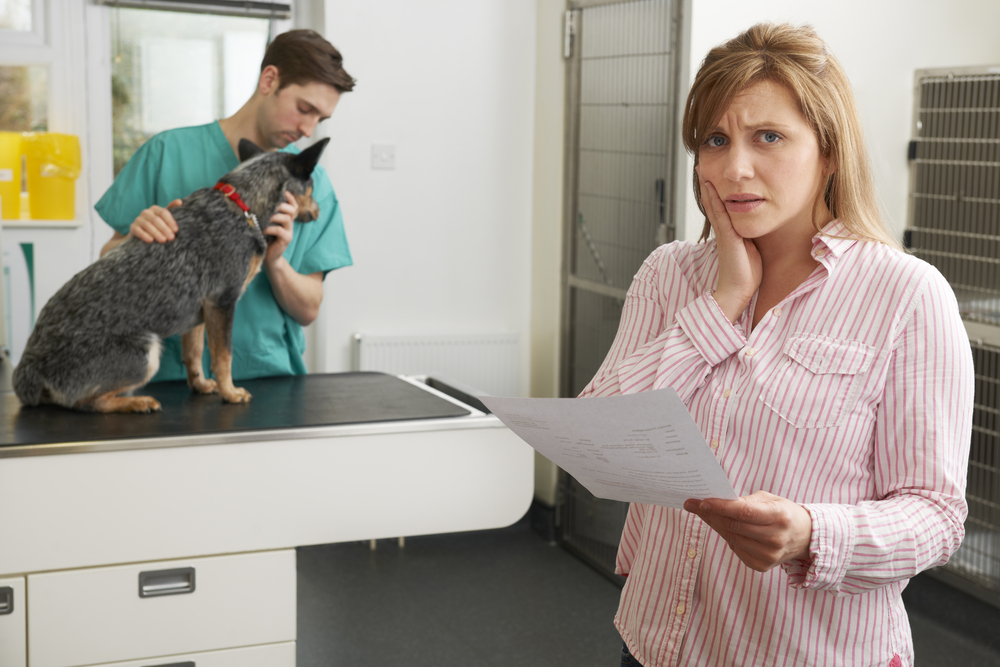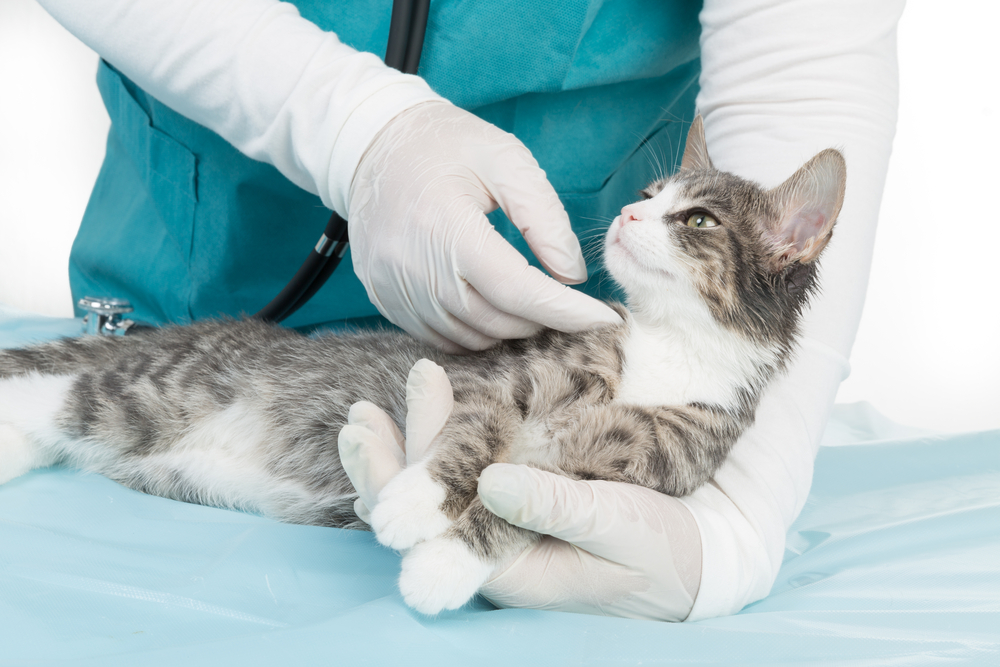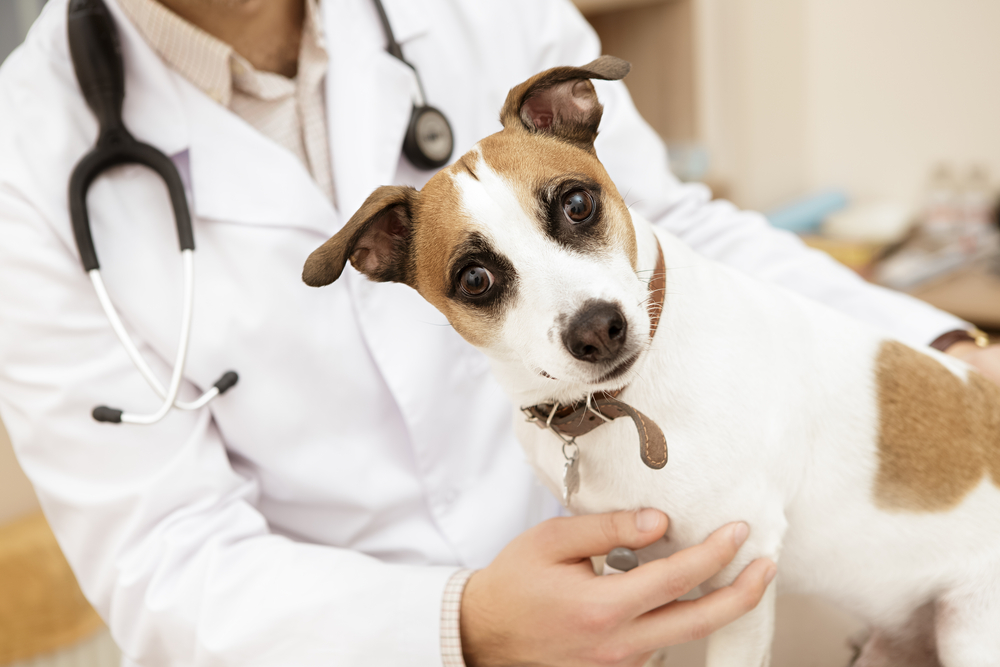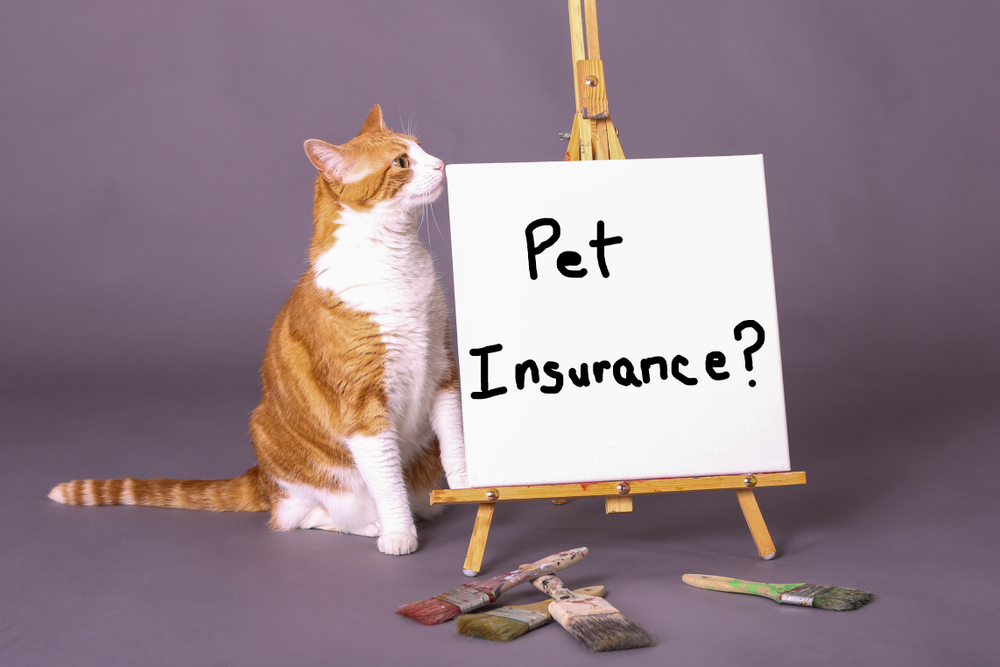As a loving pet owner, you want your beloved companion to be with you for as long as possible and be as healthy as they can be. You also know that preventative veterinary care is a valuable investment in your pet’s health. If you’re wondering “how much does a vet visit cost,” we have you covered. We’ve talked about the costs of wellness care, and also how medical care for illness and injuries can quickly add up into the thousands of dollars.
Now, let’s talk about how to pay for necessary veterinary medical care for your beloved companion. In a perfect world, we would all have limitless budgets to spend on our pet’s well-being. Sadly, that is often not the case. Here are a few ways you can be prepared for an unexpected veterinary emergency, and how to budget for the cost of routine wellness care.
Savings Account/Credit Card
Setting up your own pet savings account, or pet emergency fund can be a great tool for those unforeseen emergencies. How do pet owners create one? When you first bring a new pet into your home, you may choose to start a separate savings account for their medical care. Contributing $50 or more per month will really add up!
Alternatively, some pet owners prefer to dedicate a specific credit card to their pet care expenses. This way, a line of credit is always available in case your pet needs an urgent veterinary visit and allows you to pay off yearly wellness care services on your own schedule throughout the year. It’s important to keep the card in a safe but accessible place so that you’re not tempted to use it for other purchases!
Pet Insurance
What is pet insurance? Instead of placing money into a savings account every month, some pet owners elect to pay a monthly premium for pet insurance. By choosing the size of the deductible that is affordable for you, you can be assured that your beloved pet will receive whatever veterinary care they need throughout their life. This way, if something happens to your animal and they need medical treatment, your pet health insurance will help cover the emergency vet costs.
Healthcare Credit Cards
There are several credit card companies that provide lines of credit for health/veterinary care. Much like the more familiar credit card companies like Visa or American Express, approval for a line of credit with one of these companies is usually based on your credit history. You can apply for an account online and receive approval in as little as five minutes. Once approved, you can use the line of credit immediately—which makes them helpful during unexpected emergencies.
These revolving lines of credit are accepted at many veterinary hospitals as a valid form of payment, and terms will usually include an interest-free period. However, after the interest-free period, the interest rates are usually very high—so make sure that if you use one, keep this in mind as you budget your payments!
These healthcare credit cards can be literal lifesavers for your pet. If you are unlucky enough to have to seek emergency care for your furry companion, the veterinary staff may give you options that are accepted by their hospital (and even help you apply!). As an added bonus, you can also use some of these cards for your own medical or dental care (see the card’s conditions for more). From helping with emergency veterinary care to assisting with your own medical costs, this is a great option!
Friends/Family
Chances are, your adorable pet has met and stolen the hearts of many friends and family members. In times of need, some of these same people may be happy to help their favorite feline or canine through an illness.
While none of us feel “good” about asking for a loan from a friend or family member, most people realize that when it comes to a pet, special circumstances can call for desperate measures. If you find yourself in an expensive critical situation with your pet, reach out to your pet’s biggest fans amongst your own inner circle—you may be surprised by how willing they are to chip in, especially if it would otherwise be a life-or-death situation. Collections from crowdsourcing campaigns have financed many pets in need of lifesaving care, so it is worth a try if you feel comfortable.
What About a Payment Plan?
When your pet is ill and the costs of testing and treatment start to pile up, it’s natural to ask if the veterinary hospital offers a payment plan. After all, emergencies happen all the time, right? Surely if anyone understands, it’s the veterinary hospital!
Unfortunately, many veterinary hospitals have had to stop offering payment plans due to the low rate of success in collecting monies after services are performed. In-house payment plans used to be common in many places, but it was not uncommon for animal hospitals to have to write off tens of thousands of dollars a year in unpaid bills.
Since veterinary hospitals have to pay for the medications, supplies, staff, and facility expenses (such as electricity and water) on a monthly basis, you can imagine that having multiple “open tabs” creates a cash flow crunch. The result? An increase in the price of veterinary care for everyone else, or alternatively, being unable to pay staff and keep the doors open. You can certainly ask, but please understand if your veterinary hospital is not able to establish a payment plan.
Wellness Plans
For routine veterinary care, enrolling your pet in a wellness plan may make sense. These are available at some hospitals (but not all—ask your favorite local veterinarian if their hospital has a wellness plan available!).
What, exactly, is a wellness plan? Is it different from pet insurance? The short answer is YES, a wellness plan is very different from insurance! A wellness plan usually consists of a year-long contract with a monthly fee deducted from your bank account, or a lump sum paid upfront. The amount of the fee is determined by the total cost of wellness care that your pet needs over the entire year—sometimes including dental cleanings under anesthesia—discounted, and divided into monthly payments. In essence, wellness plans allow your pet to receive all of your veterinarian’s best recommendations for preventative care at a discount, and in a way that is more budget-friendly than a few large bills during the year.
How Can AskVet Help Reduce Veterinary Costs?
We are glad you asked! Our vets, coaches and trainers can help you use your pet care dollars more wisely in several ways.
Our personalized wellness care recommendations for your pet and access to 24/7 support ensures that all of your pet healthcare questions are answered and that your pet’s health is maximized with proven advice.
Many times, a pet parent is unsure whether their pet’s symptoms justify a trip to the veterinarian, or if they can do something to help their furry friend at home. That’s where our veterinary team comes in! We are available 24-hours a day, 7-days a week to help in these exact situations. A quick chat with a veterinarian can help determine whether your pup or kitty needs to be taken to the emergency room immediately, whether a same-day appointment with your family veterinarian is needed, or if you can administer some simple home remedies and monitor your pet for other symptoms.
Although seeking veterinary care for your beloved pet can be stressful—especially if they are sick—these tips can help lower the amount of stress that comes with the financial realities of obtaining needed medical services. Our AskVet veterinary experts are available to discuss all of your pet’s needs 24 hours a day, 7 days a week. Whether you have an immediate need or are looking to improve your pet’s overall wellbeing, just sign in to your account and one of our friendly and knowledgeable veterinary experts will attend to your needs, no appointment required!









